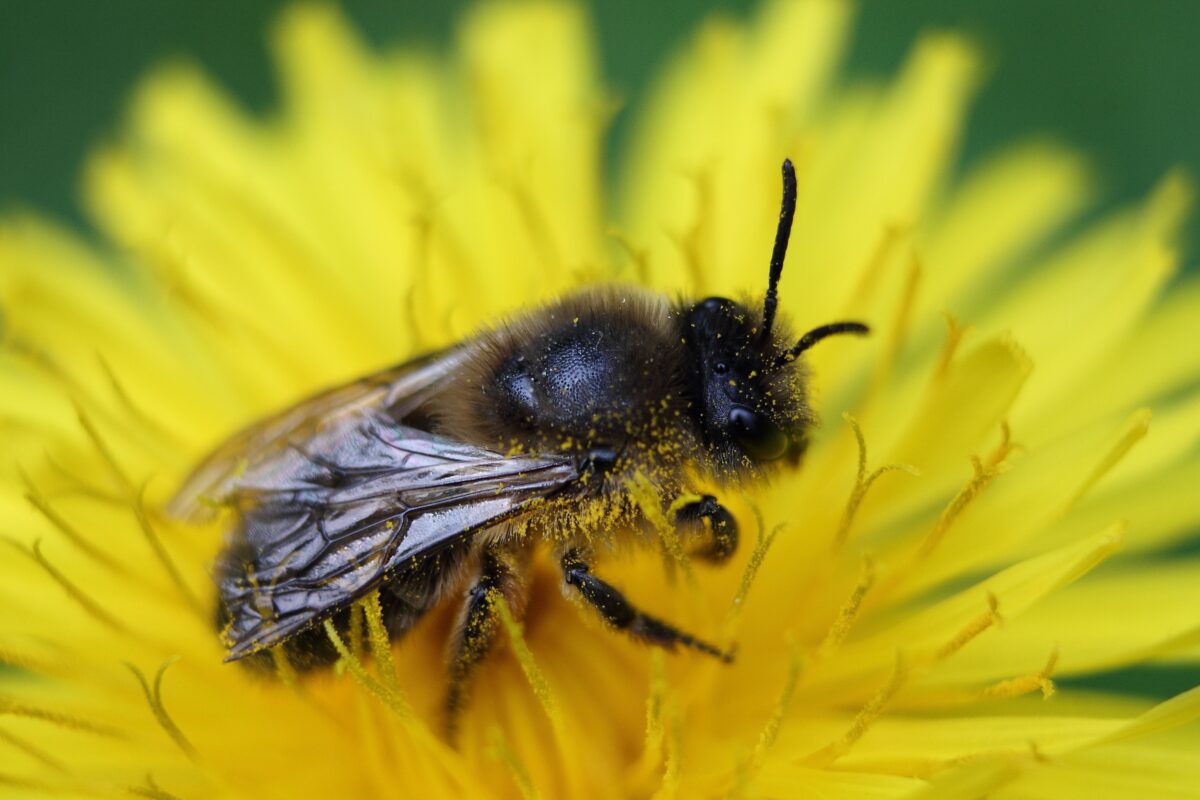A lawsuit is being filed against the U.S. Environmental Protection Agency (EPA). This action comes from the Center for Food Safety (CFS) and the Pesticide Action Network North America (PANNA). These environmentalist groups are taking a stand against the EPA’s regulations in relation to pesticide treated seeds. The lawsuit has been filed in the U.S. District Court for the District of Northern California. The CFS and PANNA are co-plaintiffs in the lawsuit against the EPA.
All types of seeds used in agriculture are required to adhere to certain requirements. According to the lawsuit, seeds treated with pesticides have been exempt from such exemptions. The reason has been placed on a “regulatory loophole.” Under the Treated Article Exemption (TAE), treated seeds are exempt from certain regulations in the Federal Insecticide, Fungicide, and Rodenticide Act (FIFRA). Neonicotinoid seeds, a commonly used insecticide, are spread across 150 million acres of farmland in the US. This is only an approximation; the actual numbers can be much higher.
In the past, the EPA has refused requests to regulate treated seeds as pesticides that were made through a petition. The EPA violated the Administrative Procedure Act (APA) by classifying pesticide-treated seeds under the TAE. Apart from putting forth these points, the lawsuit claims that the EPA has made an impulsive and arbitrary decision. It has violated the APA as well as the FIFRA.
The concerned groups highlight the harm that these pesticide-coated seeds can cause by claiming that they have “devastating environmental impacts”. They are being circulated without any regulatory oversight on the same. They are being circulated without any regulatory oversight. These seeds are heavily coated with pesticides, of which 95% shed. Once released, these harmful chemicals pollute soil, water, and air. These seeds can even kill birds. The lawsuit advocates for the reversal of the EPA’s TAE determination. Amy van Saun, senior attorney at the Center for Food Safety, criticized the EPA for refusing to close the regulatory loophole and pleaded with the court to demand that the agency fulfill its duty of protecting species and habitats.
The groups state that these seeds are toxic to several organisms that are crucial to the food chain. They range from pollinators, insects, birds, and aquatic organisms. Neonicotinoids are used as insecticides to control pests. However, growing scientific data proves that they also kill pollinators and insects that are harmless. The nerve synapse of these insects is destroyed, putting them through paralysis and then death. 95% of this insecticide is distributed through seeds.
Similar Post
The chemicals easily dissolve in water and leach into soils and streams. This is extremely harmful, as it will be impossible to remove the pollutants from the water. The release of neonicotinoid-laced dust during seed planting has resulted in mass bee killings. Bees hold the ecosystem together. If they are subjected to such harm, it will collapse.The EPA itself states that neonicotinoids from three major producers negatively impact 75% of all endangered species.
The United Nations has reported that cropland today is approximately 50 times more toxic than a quarter of a century ago. This has led to an “insect apocalypse.” The European Union has prohibited outdoor use of neonicotinoids, and Canada has imposed bans and restrictions. If prominent organizations around the world are raising their voice against these harmful products, is it acceptable that they are exempt from fulfilling certain requirements?
The lawsuit also addresses the issue of minimal and unenforceable labeling on the seeds. This issue prevents users from being informed about what they are signing up for, and hence the lawsuit requests that the court demand clearer and stronger labeling.
Additionally, the suit challenges the EPA’s exemption of the seeds from registration as pesticides under FIFRA. This would involve a closer examination of the seeds’ environmental and health impacts. The EPA would then need to balance benefits against costs on this issue.
The lawsuit argues that the EPA has failed to put the interests of the environment over profit and must review, balance costs and benefits, and mitigate harm. Exempting coated seeds from FIFRA ignores their adverse effects on the environment. And will result in irreversible consequences.


















